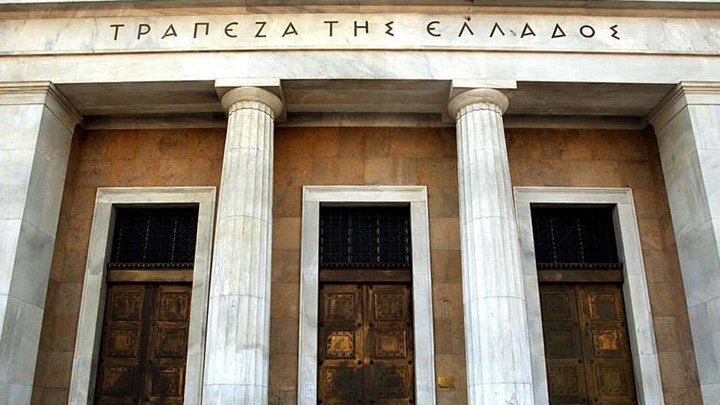As highlighted in the Report, ensuring compliance by supervised institutions with the obligations arising from the legal framework for the prevention of money laundering and the financing of terrorism remains a key supervisory priority for the Bank of Greece in the coming years.
The adoption of the European Regulation on the prevention of the use of the financial system for the purposes of money laundering or terrorist financing (Anti-Money Laundering Regulation – AMLR), along with the establishment of the European Anti-Money Laundering Authority (AMLA), with a mandate to ensure the effective implementation of the Regulation, constitute fundamental pillars in the transition toward a robust and unified European regulatory and supervisory framework.
AMLA began its operations in 2025 and is expected to be fully staffed, develop its information infrastructure, and issue its regulatory and implementing technical standards within a three-year timeframe, with the aim of becoming fully operational by January 1, 2028. It will assume direct supervisory responsibility over 40 financial sector entities.
Furthermore, 2024 marked a year of positive developments across the entire spectrum of supervised institutions, with particularly notable progress in the key financial indicators of Greek credit institutions. The non-performing loan (NPL) ratio reached its lowest level since Greece’s entry into the euro area.
Strong profitability and improved capital adequacy enabled the resumption of dividend distributions by Significant Credit Institutions. In the case of Less Significant Credit Institutions, the merger of two institutions was completed, accompanied by the restructuring of their loan portfolios and the strengthening of their capital base.
However, as the Report notes, this positive picture is accompanied by significant challenges. The potential slowdown in global trade due to tariffs, ongoing geopolitical uncertainty, and the gradual decline in interest rates may affect the profitability of credit institutions. At the same time, the accelerating pace of digital transformation and the growing risk of cyber threats demand swift adaptation and substantial investment by supervised entities.















